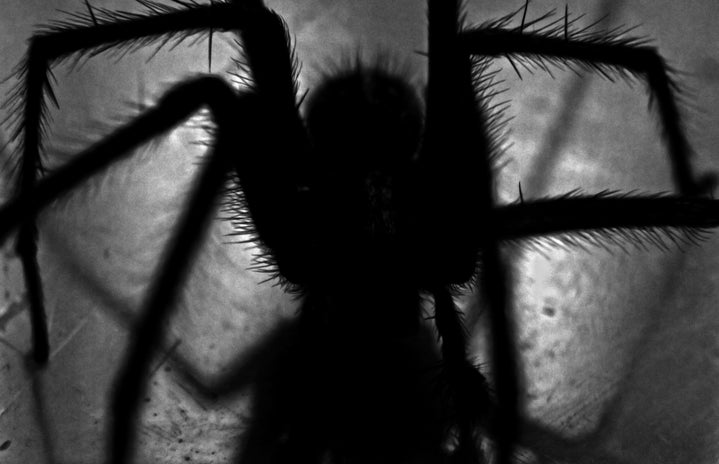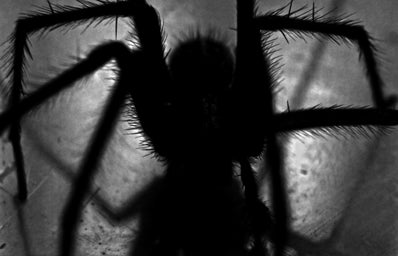Halloweekend 2015 has come and gone, and it was quite a ride. One thing scarier than the holiday itself was the costumes I saw around campus, and I’m not talking about creepy skeletons or killer clowns. It was the fact that numerous people used a particular culture as a costume; there were multiple groups of sexy Native Americans, boys wearing sombreros and mustaches, and even a Beyonce costume complete with blackface. Many people don’t see why this is wrong; they claim that Halloween is a time to dress up however you want, or that they’re just having fun and aren’t trying to offend anybody. The problem is that Halloween costumes tend to fall into two categories: funny or sexy. Taking a culture that has experienced significant oppression or racism and turning it into a funny or sexy costume marginalizes everything people from that particular culture have faced. Anyone who’s ever taken a high school level history class knows the horrors Native Americans faced in America when European settlers came, took their land, and wiped out the majority of their population. Now hundreds of years later, people continue that disrespect by dressing up as sexy Native Americans and wearing cheap headdresses that are considered incredibly sacred by the actual culture. Dressing up as a “sexy” member of a minority group, like a geisha or gypsy, makes light of the fetishizing actual minority women are prone to endear.
Costumes can also perpetuate discriminatory thoughts and feelings towards certain minority groups. Dressing up as a “lazy Mexican” or “nerdy Asian” to get a laugh endorses and mocks the harmful stereotypes non-privileged cultures have fought against for years, and trivializes their struggles by claiming it’s just a joke. Many generic Halloween costumes of a certain group use stereotypical features of that group to make the costume identifiable, and wearing these costumes normalizes those stereotypes and justifies their use. Turning someone’s race, gender, or sexual identity into a punchline is never excusable, and Halloween costumes are not an exception to this rule. You may not mean any offense, but borrowing someone’s culture to look hot or funny isn’t fair to the members of that group who identify with an oppressed group the other 364 days of the year.
Some costumes may be more blatantly offensive than others, and it can be difficult to tell where to draw the line. If you want to dress up as a famous person who is a different race/ethnicity than you, don’t use anything from their culture as part of your costume. If you want to dress up like Nicki Minaj, grab a gorgeous pink wig and some killer heels; don’t paint your face or use stereotypes from her culture as something to dress up with. Don’t wear a costume that makes someone’s identity a joke. If it’s unclear whether or not something is offensive, always err on the side of caution. At the end of the night you can take off your costume, but people who identify as members of non-privileged groups may have to fight harder against the stereotypes you’ve unknowingly perpetuated with a silly costume.

